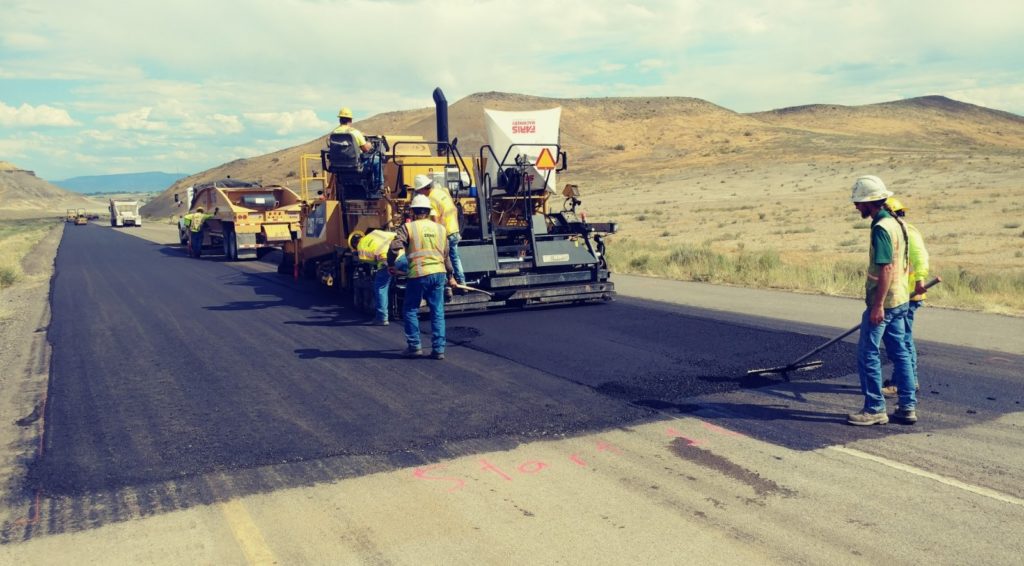With the departure of Club 20’s executive director, and the search for a new one, several observers openly wonder whether the organization can still accomplish what it became famous for, uniting the Western Slope to speak with one voice on important issues.
Two weeks ago we discussed why that still matters, but also had to admit that the region is very different than when Club 20 was founded, different even than when I worked there (1989-1999). The communities in the 20 counties West of the Continental Divide are much more diverse than ever, and their voters see many issues differently. Fortunately, the organization is structurally nonpartisan, an unbending and indispensable aspect of its Articles of Incorporation, bylaws, culture, and history.
That does not mean those 20 counties, 75 towns, and thousands of local businesses, cannot stick together for the common good, even when they don’t all have precisely the same interest. Instances of their success in doing so are too numerous to count; a few examples illustrate the point.
In the mid-90s, the rapid growth of the Internet was the major economic trend. The ability for many people to “telecommute,” now called working from home, was quickly changing the culture of much of the country – but not all of it. There was no Internet access in most of the rural West. So, while national leaders boasted of the “information superhighway,” Club 20 published a widely read report on the disparity, called “The Information Dirt Road.” Calling for fiberoptic access in every county, the report was unanimously embraced by the board, even though at least ten counties already had fiberoptic connections. They did not object to using Club 20 resources to help the smaller counties, because they understood the need for a united voice to solve the problem. Access in every county became a successful initiative of Governor Bill Owens, elected in 1998, at least partly because of the Western Slope’s capacity to stick together.
The politics were nearly opposite when the organization took on the State Tourism Board, which published beautiful brochures and bought ads in various Eastern cities to lure tourists to Denver. The beautiful materials featured majestic scenery photos taken on the Western Slope but encouraging visits to Denver. It was an important issue to the major resort communities, but the smaller agricultural counties backed them completely when Club 20 demanded the State reprint the materials, either acknowledging the location or adding destinations other than Denver. It worked. The State Tourism Board’s director used Club 20’s tourism committee meeting to unveil a series of new materials promoting Western Colorado.
When the State government decided to support Denver’s plan for a new airport, it also broke a long-standing promise that no state funds would be used. Club 20 called the Governor out about it, and he felt the need to come to the annual meeting to explain. Opposition to state funding for a city airport was not a unanimous position on the Western Slope, especially in Summit and Grand Counties, where their closest airport was Denver. But leaders there understood the importance of the issue to the entire region and voted with the rest of Club 20 on it.

Similarly, highway resolutions have rarely been unanimous because of the competition among diverse counties. But the need to widen U.S. 50 between Grand Junction and Delta was recognized by all the other counties for years, while the state continually maintained that traffic counts did not support it. When Club 20 eventually demanded to see those numbers, and found that they were based on computer models – the state had never actually counted the traffic – it led to a showdown led by Rep. Tim Foster, and continued by his successor, Rep. Matt Smith. The highway was four-laned, but it is worth remembering that the entire united Western Slope made it a priority, even though it the highway only crosses two of the twenty counties.
Club 20 fought for decades against diverting highway funds for mass transit. We frequently reminded Front Range leaders that “there will never be a Japanese bullet train from Slick Rock to Egnar.” Club 20 leaders like Preston Walker, Lyman Thomas, Perk Vickers, Wayne Keith, Dan Noble, John Vanderhoof, Sam Suplizio, Ben Vigil, Bill Cleary, Stan Dodson, Fred Kroeger, and many others, spent decades protecting the Western Slope’s share of highway funding. They understood a central reality – even very different communities often have very common interests.
Club 20 still needs – the region still needs – leaders with that spirit.




Comments on this entry are closed.